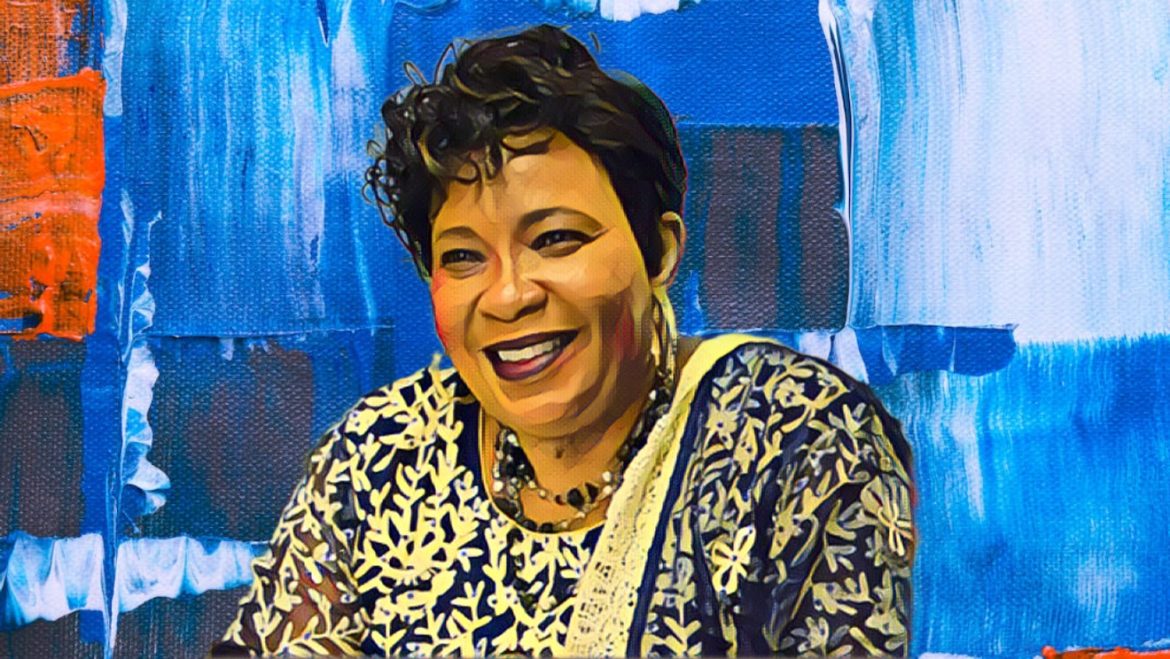Zimbabwe’s First Lady Auxillia Mnangagwa has withdrawn charges against nine women who were arrested for allegedly booing her at a recent food and clothing donation event. The incident, which sparked public outcry and criticism of the government’s heavy-handed response, has taken a more conciliatory turn.
From Arrest to Reconciliation: A Timeline of Events
The ordeal began when nine women from Manicaland province were apprehended by police after they reportedly left the donation venue early. They were subsequently charged with disorderly conduct, a move that raised eyebrows throughout Zimbabwe. The women, all represented by Zimbabwe Human Rights Lawyers, vehemently denied the accusations. They maintained that they were simply departing after the First Lady’s speech, before the official dismissal of the crowd.
The arrests drew sharp criticism from human rights groups who argued that the charges infringed upon the women’s right to freedom of expression. The incident also highlighted a growing sense of frustration among some Zimbabweans regarding the government’s handling of social and economic issues.
In an unexpected development, the First Lady’s office intervened. Deputy Chief Secretary George Charamba issued a statement acknowledging that police had overreacted in arresting the women. “Both the First Lady and Police Commissioner General agreed the officers on the ground overreacted,” Charamba stated. This admission of fault paved the way for a more positive resolution. Following these pronouncements, all charges against the women were officially withdrawn.
A Glimmer of Hope: The Importance of Open Dialogue
The First Lady’s decision to withdraw charges offers a chance to heal rifts and open a much-needed space for dialogue. It demonstrates a willingness to listen to public concerns and address misunderstandings. This conciliatory approach, if continued, could foster a more positive relationship between the government and the people of Zimbabwe.
While the immediate crisis appears to be abating, the underlying issues that led to the incident remain. Public frustration with economic hardship and limited political freedoms persists. The Zimbabwean government faces a critical juncture. It can choose to continue down a path of heavy-handed tactics, or it can embrace a more inclusive approach that addresses the concerns of its citizens.
The path forward requires transparency and respect for the rights of all Zimbabweans. The government can rebuild trust by engaging in open dialogue with its citizens, addressing their grievances, and working towards a more equitable and prosperous future for all. Also, civil society organizations and human rights groups can play a vital role in facilitating this dialogue and ensuring that the voices of the people are heard.
The Role of Media and International Community
The international community also has a role to play. By promoting democratic principles and advocating for human rights, they can encourage the Zimbabwean government to uphold its commitments to its citizens. Additionally, a free and independent press can hold the government accountable and ensure that information about such incidents reaches the public domain.
The decision by the First Lady offers a glimmer of hope for a more positive future in Zimbabwe. It is a chance to move beyond confrontation and chart a course towards greater understanding and cooperation. Whether this opportunity is seized remains to be seen. However, one thing is certain: open dialogue and a commitment to democratic values are essential ingredients for building a more peaceful and prosperous Zimbabwe.
Source: New Zimbabwe


